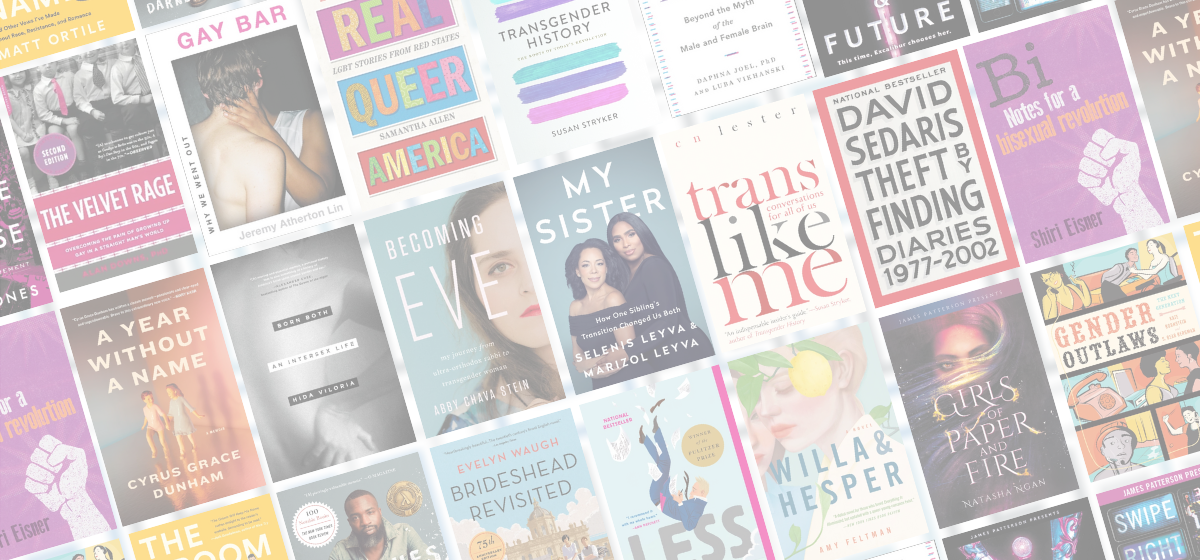Resume and Cover Letter Workshop with Hachette Recap
Olivia Smith // Blog Director
Whether you’re a first time applicant or a seasoned intern, everyone could use some more tips and tricks when it comes to applying to publishing jobs.
Last Friday, Hachette Book Group HR specialists Lia Hartman and Ashley Orlando led Pub Clubbers through a brief but informative workshop tackling all things application, from the job listing to the interview. Hachette (one of the Big 5 Publishers) internships are highly competitive, so having the opportunity to hear some behind the scenes insight is a huge advantage.

If you weren’t able to attend, or just need a quick refresher, here are the biggest takeaways from the event.
Apply Quickly
With publishing internships being in high demand, it’s crucial that you check their career sites frequently (at least every other day). When Hachette posts a job, they typically will only leave it up for a week or two, and once they receive one or two hundred applicants, they’ll close the pool. That means that if you see something that you think would be a good fit, don’t waste any time.
That being said, don’t rush. Your application is the first thing they’ll see of you, so don’t let yourself get overexcited and become sloppy.
Highlight Your Accomplishments, Not Your Responsibilities

In my opinion, this tip is the most difficult to put into practice, but it’s the most important thing you can do to show your skills. By only listing your responsibilities on your resume, you won’t be showing what you can bring to the table. For example, let’s say you had a marketing job. You can easily put, “Ran company social media,” but that doesn’t say anything about you as an individual. If you instead wrote something like, “Ran six social media accounts and gained at least 200 followers per account,” then in one line you can show that you can multitask and are really good at what you do.
Your accomplishments should also be specific. Numbers are best, but they don’t always apply. If that’s the case, use your writing skills to be as convincing as possible. Scrutinize each line, make sure you aren’t repetitive, and never be vague.
Don’t Discount Your Experience
As a college student, you probably don’t have a full resume of publishing jobs yet, and that’s perfectly normal. Don’t worry if most of your resume is filled with jobs like waiting tables, cashiering, or being an assistant. Here’s the trick: take those experiences and highlight the points that show how you fit the job you’re applying for. If you’re applying for a marketing position, then your ability to bus tables probably isn’t all that relevant. However, your ability to make suggestions and upsell to customers probably would be. Remember that your resume is all about the perspective you give it.
Use Space Wisely
With your resume and cover letter, you only have two pages to show your skills, accomplishments, and personality. That’s very little space, so don’t waste any.
Your resume, especially as college student, should never be more than one page. Things you can cut out right off the bat: your objective and your references. They already know your objective, and they’ll ask for references if you make it that far. Next, pay attention to what the eye sees first. Your name and contact info should always be at the top, but then you should list your most relevant experience. Your experiences should always be listed in chronological order, so if your most recent job isn’t the most relevant, experiment with categories and organization.
You should also be sure to have a skills section, and this can highlight any programs you know, like InDesign or Word. You should pull your skills from the job description as well.
The cover letter should only be about 3/4 of a page, so don’t waste space rehashing your resume. Be sure to highlight why you’re interested in the position, why you’re a good fit, and next steps you’d be willing to take (i.e., the interview).
Ace the Interview

This may be obvious, but interviewing well is easier said than done. First, you need to prep. Research the company (including any recent news), look up common interview questions, and practice answering them. You can also make a little cheat sheet by writing down experiences or skills that you know that you want to touch upon. There’s no rule that says you aren’t allowed to bring notes or your resume, so set yourself up for success. Just make sure they’re there as a safety net and not as the tightrope. Rely on your prep, not your cheat sheet.
You also want to be sure to ask a few questions. First, this shows that you’ve been engaged in the conversation and care about the position. Second, it helps you! The interview is as much for you as it is for the company. If you realize that you don’t gel with the employer, then that’s OK. It’s better to find out now than a week into a three-month internship.
If you apply somewhere and don’t get an interview, don’t be discouraged! Just keep working on it. Remember that each year you become a better and stronger candidate with more experience under your belt.
